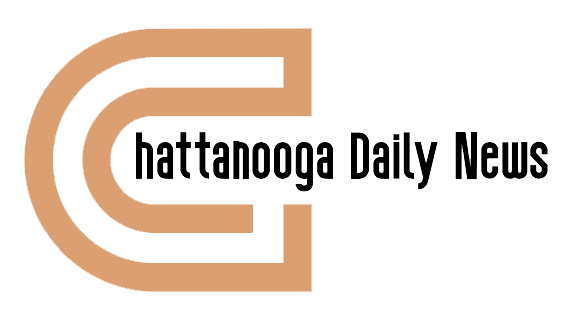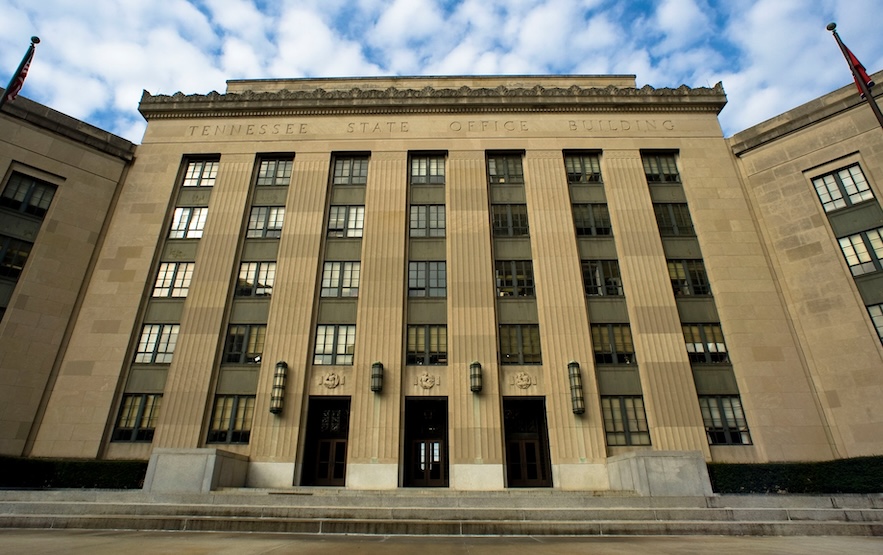Tennessee leads coalition in $7.4 billion Purdue Pharma settlement over opioid crisis
Tennessee – Tennessee Attorney General Jonathan Skrmetti announced that 55 attorneys general, representing every eligible U.S. state and territory, have agreed to join a $7.4 billion settlement with Purdue Pharma and its owners, the Sackler family. This landmark settlement aims to resolve ongoing litigation holding Purdue and the Sacklers accountable for their roles in fueling the nationwide opioid epidemic.
The Sackler family has confirmed its intention to proceed with the settlement, which will now move forward with local governments across the country invited to join, contingent upon bankruptcy court approval. A hearing on the matter is scheduled in the coming days.
“No sum of money can ever fix the devastation inflicted by Purdue Pharma and the Sackler family,” said Attorney General Skrmetti. “Our office has delivered hundreds of millions of dollars to the Opioid Abatement Council. We will continue our fight to hold accountable those companies responsible for the crisis and work to support Tennessee communities victimized by the opioid epidemic.”
During the Sacklers’ ownership, Purdue Pharma aggressively manufactured and marketed opioid products, contributing to the largest drug crisis in U.S. history. The settlement ends the Sacklers’ control over Purdue and their ability to sell opioids in the country. Over the next 15 years, communities nationwide will receive funds dedicated to addiction treatment, prevention, and recovery efforts. Tennessee alone is expected to receive more than $90 million from the settlement.
The majority of settlement funds will be distributed within the first three years, with the Sackler family paying $1.5 billion and Purdue contributing approximately $900 million initially, followed by additional payments totaling $1.4 billion over the next two years.
This settlement marks the largest individual agreement to date with parties responsible for the opioid crisis. Tennessee’s participation in this settlement brings the state’s total funds committed from opioid-related company settlements to nearly $1.3 billion.
Local governments will be invited to participate through a sign-on and voting process that depends on bankruptcy court approval. The settlement reflects ongoing efforts to deliver resources and accountability for communities impacted by the opioid epidemic.

